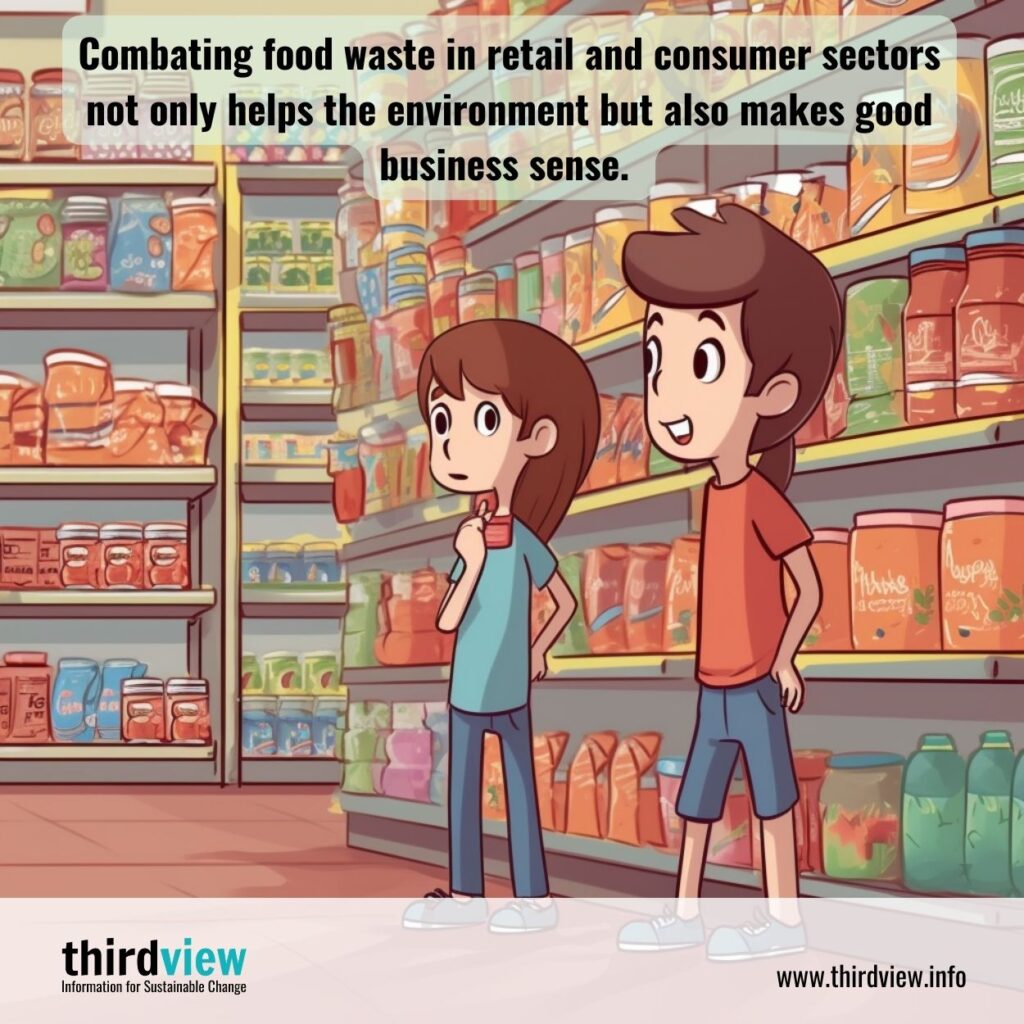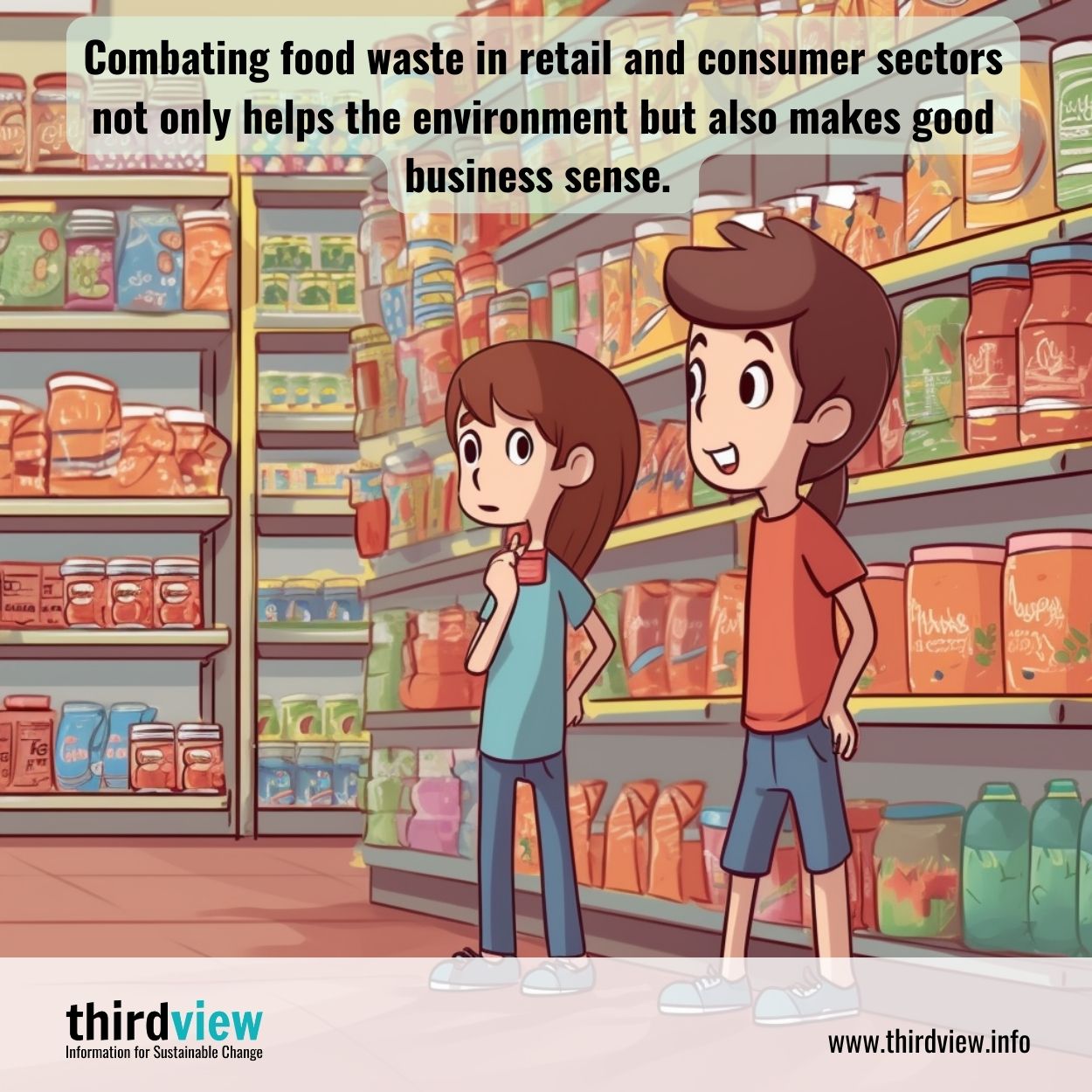Food waste is a growing problem around the world. According to the Food and Agriculture Organization of the United Nations, one-third of all food that is produced globally goes to waste, which equates to 1.3 billion tonnes. This not only causes environmental harm but also results in substantial economic losses for businesses. In the retail and consumer sectors, food waste is one of the significant issues affecting businesses’ bottom line. Fortunately, there are innovative ways companies can adopt to reduce their food waste and contribute to environmental sustainability. In this blog post, we will explore some of the creative strategies that retailers and consumers can use to address food waste.
Minimize food waste through accurate forecasting
One of the significant drivers of food waste in the retail industry is inaccurate forecasting. Retailers need to have an accurate prediction of the demand for their products to avoid overstocking, which leads to food waste. By using accurate data and analytics, retailers can predict the demand for food products accurately. Artificial intelligence (AI) systems powered by machine learning algorithms offer an efficient and accurate way of forecasting food demand. These tools integrate data from various sources, including social media, weather, and historical sales data, to generate meaningful insights that can help retailers optimize inventory levels and reduce food waste.
Redirecting excess food
Rather than disposing of excess food, retailers and consumers can redirect it to food banks or donate it to people in need. This practice not only reduces food waste but also contributes to social welfare.
Investing in sustainable packaging
Retailers and consumers can reduce plastic waste by investing in sustainable packaging alternatives such as biodegradable and compostable containers. These materials break down quickly and help reduce landfill waste.
Educating consumers
Consumers have a significant role to play in reducing food waste. Retailers can educate their customers on the importance of reducing food waste and provide them with tips on how to store, plan, and cook their food correctly. This can include sharing recipes that utilize leftovers, advice for preserving food and providing information on food waste reduction.
Implementing composting programs
Shortening the food production chain by using compost rather than synthetic fertilizers is effective in food waste management. The composting of food scrap and other organic waste products can be a way to divert huge amounts of waste from landfills and waste transfer stations. Composting could be done by individual households or through community-based programs, which provides a sustainable option for managing food waste rather than turning it into trash.
Innovation provides retailers and consumers with unlimited possibilities to reduce food waste. Accurate forecasting, redirecting excess food, investing in sustainable packaging, educating consumers, and implementing compost programs are some of the effective ways to reduce food waste in retail and consumer sectors. Reducing food waste not only helps in environmental sustainability but also makes good business sense. By reducing food waste, businesses can cut down on costs, increase their profits, and contribute to a more sustainable future.


